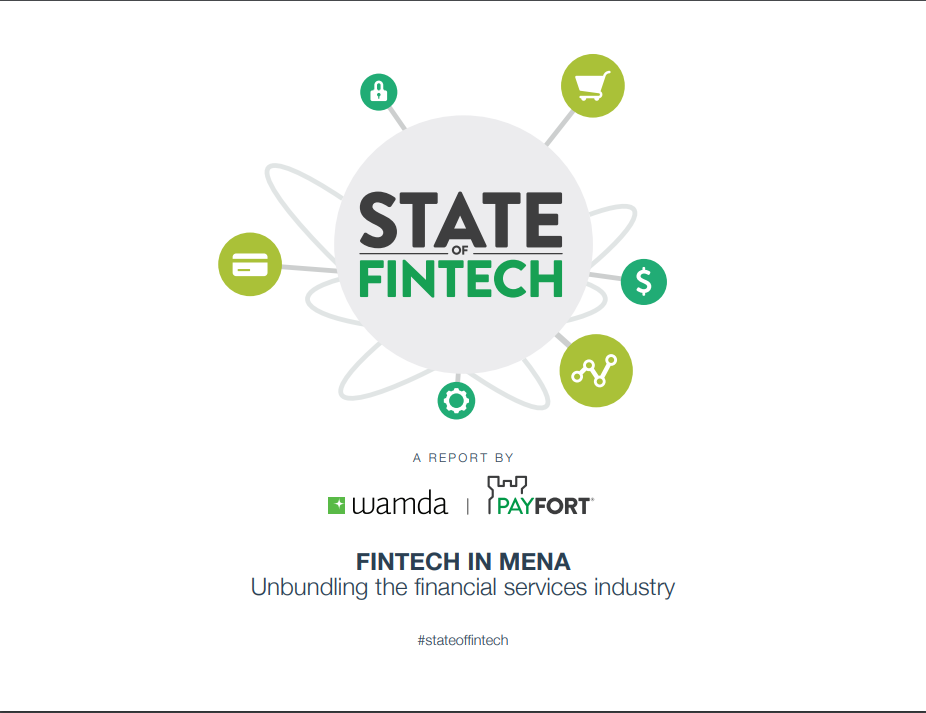The Fintech sector is raising globally and is doing the same in the MENA region: as a matter of fact the number of startups offering financial services in the region doubled from 46 to 105 in the last three years (2013-15). The report “Fintech in MENA – Unbundling the financial services in the industry” by Wamda and Payfort states that the exponential growth is due to four main opportunities: 1) 86% of adults don’t have a bank account 2) SME lending stands at half of the global average 3) the volume of ecommerce is set to quadruple over five years 4) 1 out of 2 bank customers is interested in new digital services.
This fertile ground for the Fintech sector gave birth to startups offering a wide range of services to private, corporate and governmental partners: the payments sector, which is the most mature one in the MENA region, includes startups offering bill payment, mobile and online payment solutions as well as wallets. Payment service providers (PSP) have expanded as well, integrating a variety of services into a platform.
This rise of the Fintech sector and startups did not come without challenges for entrepreneurs. The core challenges for entrepreneurs reported in this publication concern regulations, hiring and retaining talent, as well as raising investments. By analyzing the ecosystem, there are dynamics that are helping entrepreneurs in overcoming these challenges:
a) reforms and regulations are being implemented to raise awareness at the policy level. The new mobile money regulations in Egypt is just an example of this;
b) 4 in 5 startups have at least one co-founder with prior work experience in a financial services company which usually also have experience abroad;
c) In 2016 two Fintech accelerators and a sandbox were added to the ecosystem. 7 other industries have been mentioned as attractive partners, namely telecom, ecommerce, retail, media, insurance, logistics and aviation. MENA’s fintech startups raised $100 million over the last decade while only for 2017 around $50 million in investments are expected.
Find out more insights here.
Source: Wamda



